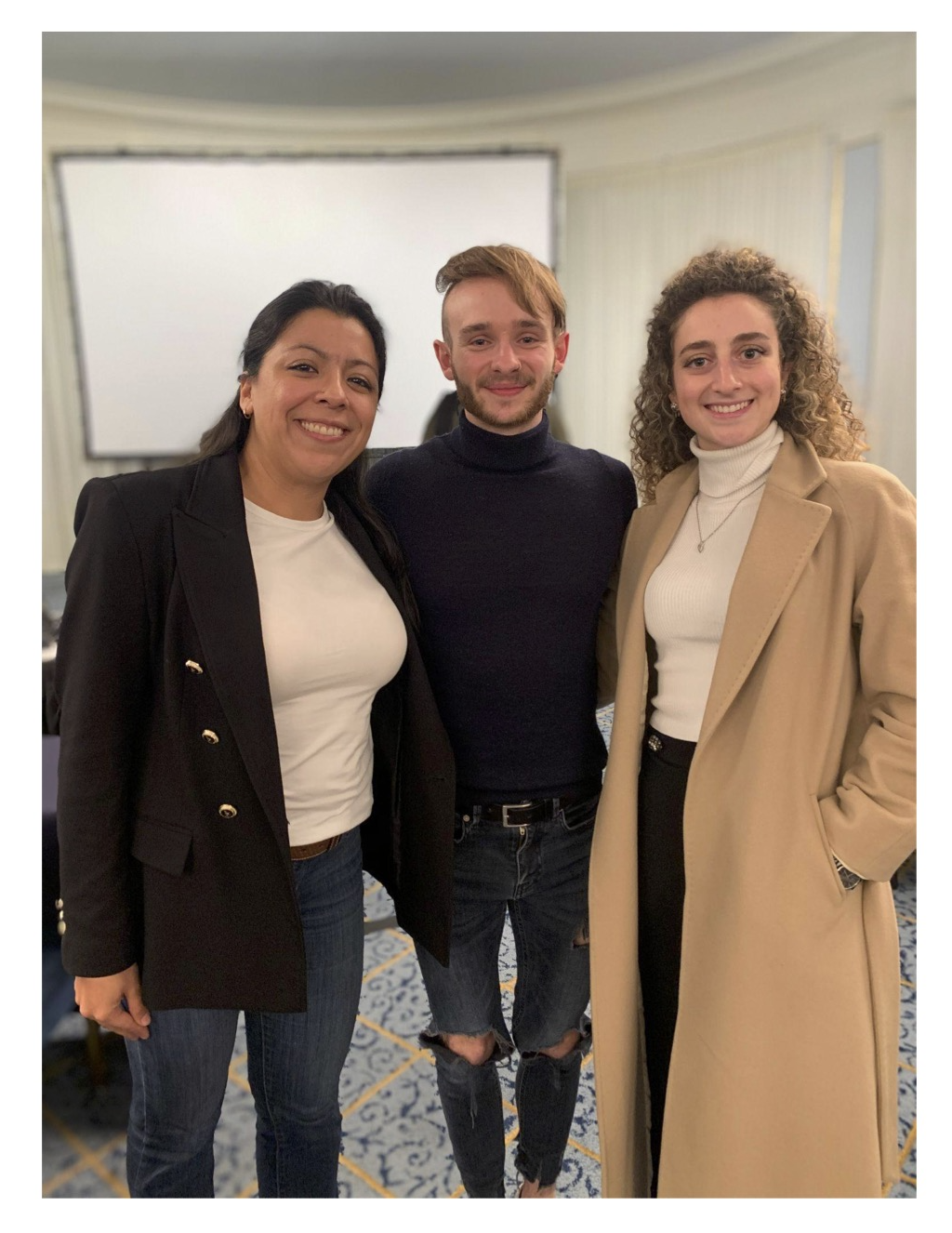Gordon Research Conference 2023: memories from the space city
 Last week the Gordon Research Conference (GRC) on Cardiac Arrhythmia Mechanisms was held in Galveston (Texas, USA). The conference was preceded by a two-day seminar for early-stage researchers coming from many parts of the world including Europe, North America, and Asia. The fellows had a unique opportunity to present their work and discuss it in a friendly atmosphere surrounded by peers. One of our PhD. students, Patricia Martínez, from the Institute of Biomedical Engineering (IBT), supervised by Axel Loewe, and Albert Dasí (former student), from the University of Oxford, won first prize in the student poster competition and were selected to give a talk during one of the GRC sessions.
Last week the Gordon Research Conference (GRC) on Cardiac Arrhythmia Mechanisms was held in Galveston (Texas, USA). The conference was preceded by a two-day seminar for early-stage researchers coming from many parts of the world including Europe, North America, and Asia. The fellows had a unique opportunity to present their work and discuss it in a friendly atmosphere surrounded by peers. One of our PhD. students, Patricia Martínez, from the Institute of Biomedical Engineering (IBT), supervised by Axel Loewe, and Albert Dasí (former student), from the University of Oxford, won first prize in the student poster competition and were selected to give a talk during one of the GRC sessions.
The GRC officially began on Sunday evening. One of the main aspects of this conference is its multidisciplinary nature. Presentations were given by computational, experimental, and clinical scientists. Another highlight of the conference is its holistic approach. Sessions ranged from the molecular perspective, through tissues and organs, to consider the arrhythmia mechanisms of whole individuals. Another noteworthy feature of the conference was its student-oriented essence. The rule was that, after each session, discussions were always to be initiated by a student trainee and, only then, followed by questions from the supervisors. In addition, during poster sessions, the students interacted with each other, and more experienced researchers were directly asking questions to trainees.
Finally, it can be expected that being in such a diverse and multidisciplinary environment will encourage researchers to think outside the box, go beyond their own field of expertise and seek new collaborations. This will be seen in the next two years when the next GRC will be held. We would like to thank the German Heart Foundation and PersoanlizeAF Marie Curie Project for funding Patricia Martinez. This Project has received funding from the European Union’s Horizon research and Innovation programme under the Marie Skłodowska-Curie grant agreement No. 860974.

